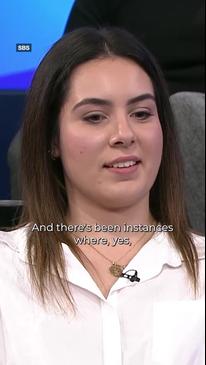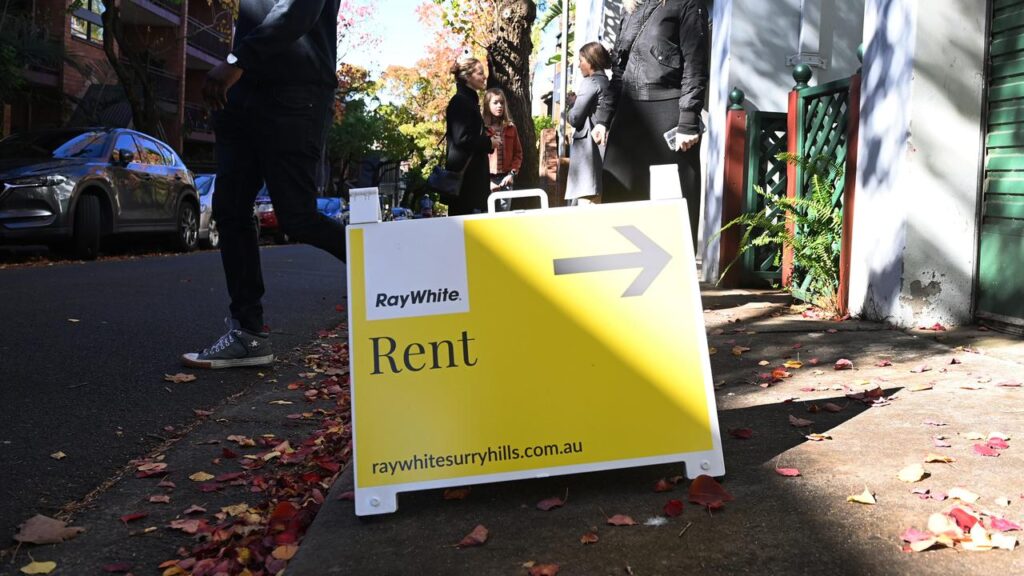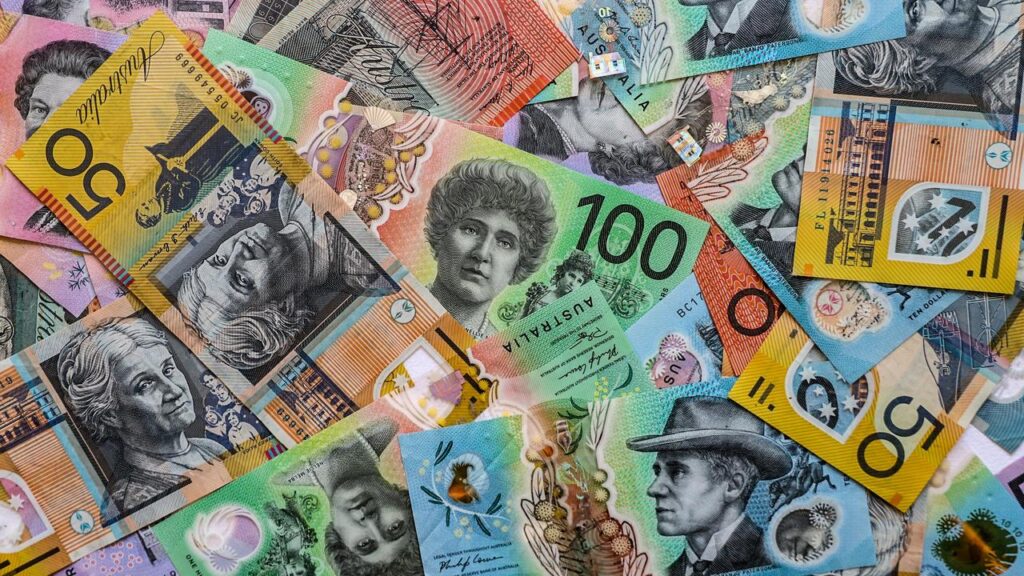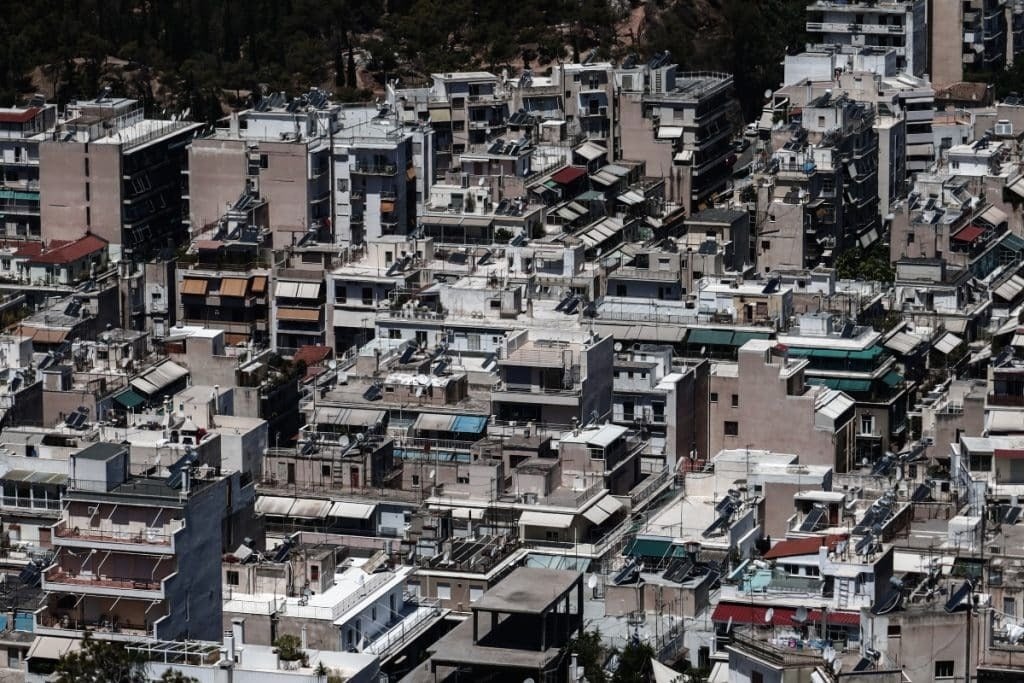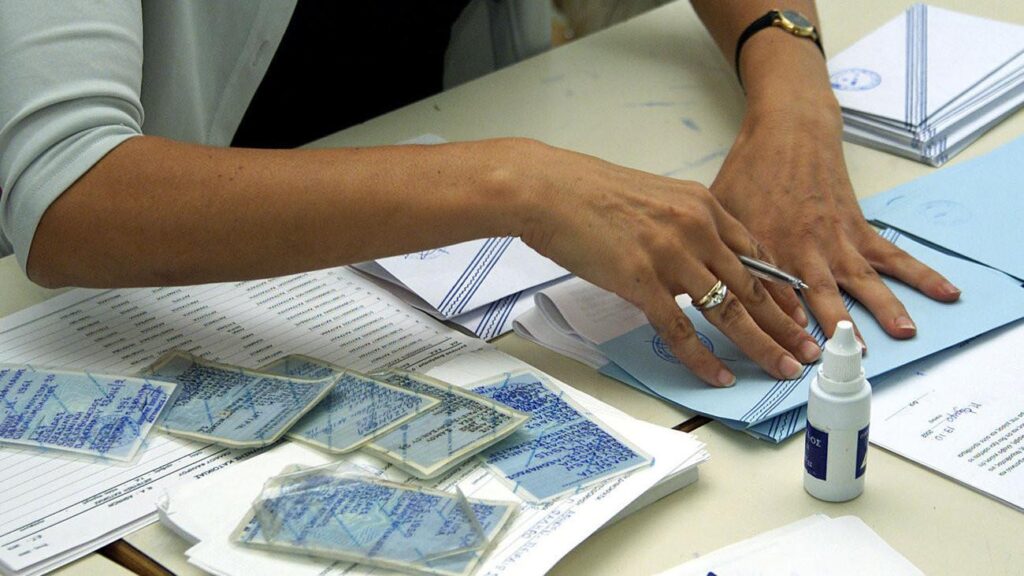‘Cash cow’: Student exposes huge uni problem
Written by admin on August 23, 2024
An Aussie university student has slammed the state of the nation’s higher education system, saying she’s been made to feel “like a cash cow” while studying for her degrees.
The debate over the health of Australian universities has been in the spotlight recently as the federal government plans to cap international students from January 2025.
On SBS current affairs program Insight this week, mining engineering student Celine shared how she felt used by the system and opened up about the difficulty of language barriers in class.
“I’ve been to two universities and both universities that I’ve been to have had international lecturers and demonstrators,” she said.
”Which coming into a difficult degree as it is, it’s even harder when there’s a language barrier between student to teacher.
“I just don’t feel like you get the education you’d hoped because of that language barrier.”
Asked by host Kumi Taguchi if she had a similar experience completing group assignments with her peers, Celine replied “definitely”.
“I feel like sometimes I’m doubling up on my own work because I know that it’s a contributed mark among all of us.
“And I don’t want to lose marks just because of a peer’s ability to construct coherent sentences, I guess.”
She went on to say the level of education received in packed classes of up to 500 people “doesn’t live up to how much is being charged for that course”.
“And there’s been instances where, yes, I have failed a course, one stage or another, but the university doesn’t necessarily approach you about that to ask ‘where did you go wrong?’, ‘how can we help you?’,” she said.
“They sort of see it as a ‘well, you failed the class, but that’s good because then we’re getting more profit from you because you still have to pay for that again’.
“It makes you feel just like a cash cow. You’re just there to hand out money to the universities.”
Her opinions drew mixed reactions from the public, who commented on a clip of the interview shared on social media.
“Australia universities are more interested in providing immigration pathways than quality education. It’s just about the money, money, money,” one person said.
Another said “some of the greatest minds in the world” come from different backgrounds.
“They don’t complain, they get on with it.,” the person continued.
“University isn’t kindergarten, to have lecturers hold your hand. If you need help, you go to them.”
The University of Melbourne this month said it was investigating a claim that one of its economics classes was taught partly in Mandarin, prompting an English-speaking student to storm out.
ABC Radio aired an interview with the student identified as Harry, who said it left him feeling like he was “sitting there for the attendance”.
“When they asked questions [of the tutor], sometimes they would ask in Mandarin, and subsequently the teacher would respond in Mandarin,” he said.
The number of international students entering the country has become a controversial topic owing to growing debate over the impact on the economy and population growth in Australia.
In May the Treasurer Jim Chalmers said capping international enrolments at pre-pandemic levels would be introduced as part of a reset on immigration targets due to the nation’s housing crisis.
“Australia’s international education sector is a national asset,” Dr Chalmers said.
“But for too long, enrolments have grown without being matched by an increase in student housing supply. This puts pressure on prices and rents, especially in our cities and suburbs.
“It makes finding housing harder for everyone.”
Last week, Federal Education Minister Jason Clare said Australia’s international education sector had grown from 521,000 in 2022 to almost 811,000 this year.
“That growth has also brought back the shonks looking to make a quick buck. It has lured people who really are here to work, not study,” he said.
“And it’s put the reputation of this industry under pressure. That’s a fact.”
The university industry has hit back hard against the plan as “rushed policy”, citing the impact ministerial direction 107, enacted in December, had on international enrolments.
Home Affairs data shows visa grants in higher education are down 23 per cent in the past year – representing about 60,000 university students.
“It represents a $4.3 billion hit to the economy and could cost the university sector alone 14,000 jobs – not to mention the flow-on effect for small businesses which rely heavily on students,” Universities Australia chief Luke Sheehy said.

